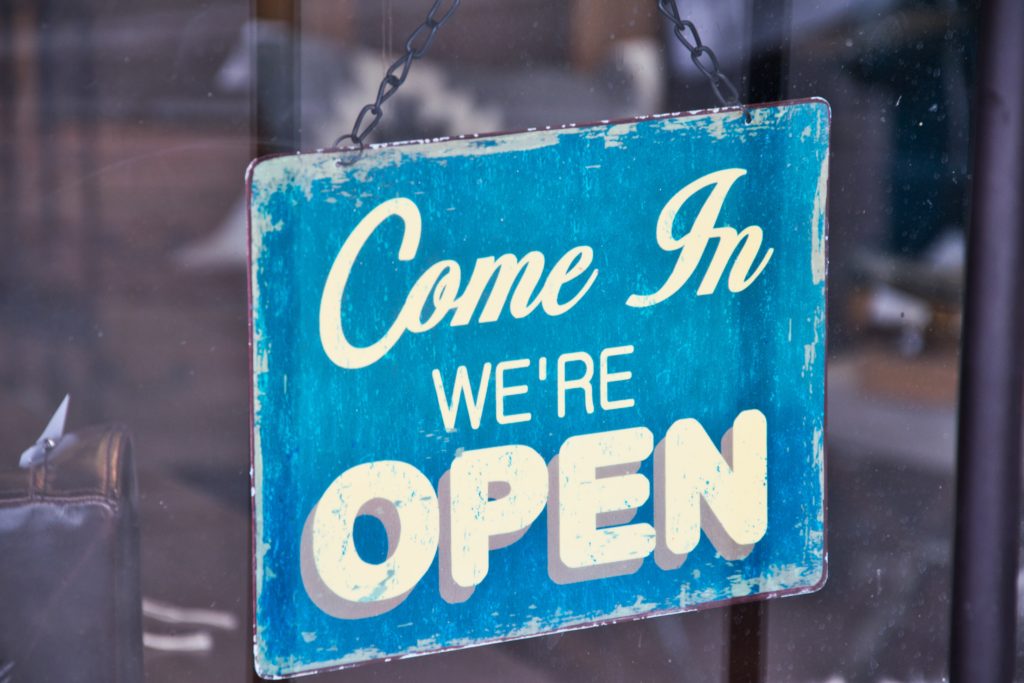The Canadian government cannot shut down

pexels.com free for public use
It looks like a three-week reprieve to the partial shutdown of the US government could be in sight. That all depends if the White House and Congress can manage to get along–and that hasn’t been happening much lately.
Anyway, this is not meant to sound like a “We do it better in Canada” piece, but I’m going to explain that a government shutdown cannot happen in Canada.
First, our executive branch is also part of our legislative branch. Whatever party controls the House of Commons is generally the one in power.
For example, Prime Minister Justin Trudeau’s Liberal party has the most seats in Parliament, including the one Trudeau himself occupies, as does the Minister of Finance, Bill Morneau. The governing party has control over financial policy and government budgets for its term of office. The finance minister introduces a yearly budget for the government, and it almost always passes because the governing party has the majority of seats. The opposition parties usually vote against government legislation, but it’s a 50% majority vote, so the opposition “nays” are not much of a concern.
The expenditures in a yearly budget can include just about anything the governing party has made a policy priority. Taxes can go up or down, the military can get more or less, or there could be increases or decreases to public health care and old age security.
Due to the fact the executive is part of the legislative branch, the government could technically do whatever it wanted. If Justin Trudeau, for some unusual reason, thought it was necessary, he could decide to build a wall along our southern border, and the Liberal whip in the House of Commons could make sure every Liberal Member of Parliament voted in favor of funding it.
Now, a Canadian border wall would probably just be made from 2×4’s and plywood a few friends and neighbors got at a lumberyard with their pickup trucks, and I’m sure they’d have a supply of beer or Tim Horton’s coffee while getting the job done. The whole thing would be over by supper time, so nobody missed Hockey Night in Canada or that week’s meat draw at the nearest Royal Canadian Legion branch. It’s funny to think about, but it isn’t going to happen.
When an election campaign begins in Canada, the Governor-General, who represents the Queen, dissolves Parliament. Yes, it sounds like something done with yeast or JELL-O powder, but what it really means is that the Parliament as it existed since the previous election is no longer valid, and the election campaign begins.
With no governing party technically in charge after dissolution, there is no legislative way of making sure the various institutions and civil service continue to function. To solve that problem, the Governor-General is asked to issue special warrants to authorize spending to maintain government programs, services, and to ensure the people providing them get paid for their work. It’s called a Governor General’s Special Warrant, which would also be a great name for a brand of whiskey.
There are rules on the warrants though. They cannot be issued more than 60 days after Parliament is dissolved and notice of their issuing must be published in the Canada Gazette, which is the daily official record of all legislation and regulations passed by the federal government. The American counterpart is the Federal Register.
It’s tough to keep a government down in Canada. Like in most countries, political differences unfold on the floors of legislatures, in the media, or in backroom meetings, but they never can lead to a closed sign being put on the door of a government office or facility, and the employees still get paid.
Tags: border walls, budgets, Canadian government, House of Commons, Parliament, US government shutdown







